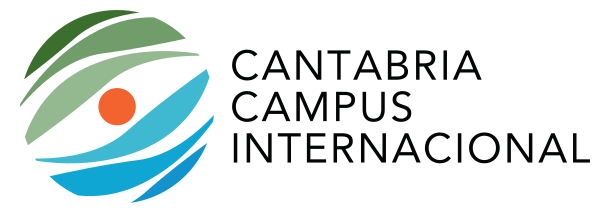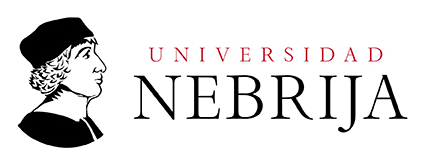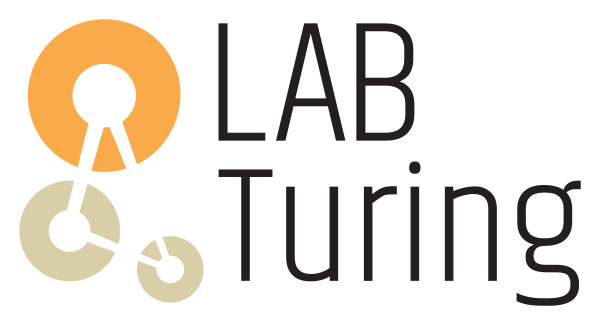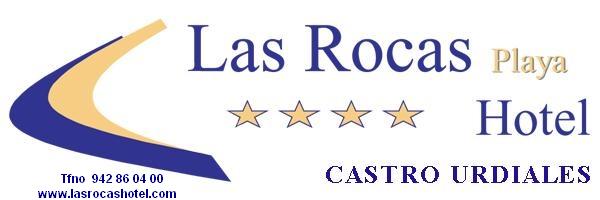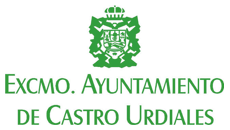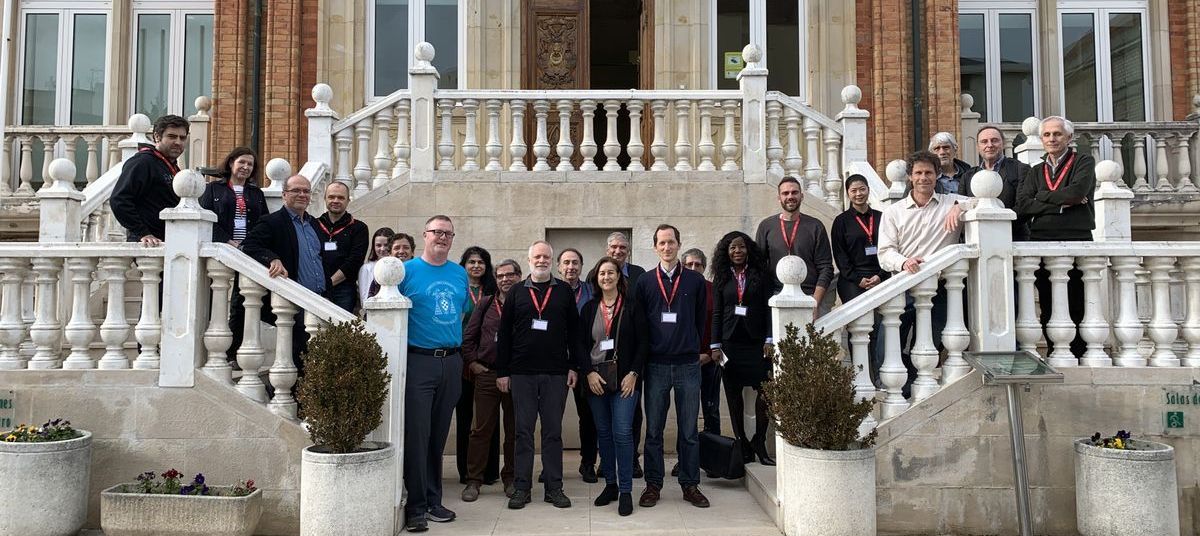Aim and Scope
The digital revolution that we have experienced since the last quarter of the twentieth century, with the arrival of pocket calculators, computers, tablets, smartphones, etc. has had some influence, yet to be analysed and extended, on the way mathematics is made, taught and learned. Clearly, the potential impact of most information technologies on mathematical education has not yet been fully exploited, while the rate of innovation in these technologies is growing exponentially. In particular, several authoritative voices point out that the technology that will most likely transform education in the coming years is artificial intelligence (AI). Interestingly, today AI is mainly associated with technologies to automate tasks and lower costs, thus serving mainly the interests of the political-administrative, industrial and commercial world. In this scenario, the world of education and, more specifically, didactics, appears at best as a mere user of AI techniques developed in other fields, forgetting that AI should play a much more relevant role here, serving the human being who is doing his work as a mathematician or who is learning mathematics. The CIEM symposium will be a space for research and reflection to better understand the interconnected challenges of instrumental learning of mathematics and instrumental mathematics, taking advantage of the achievements and opportunities of Artificial Intelligence for Mathematical Education.
Program
The symposium will be developed through individual presentations by one or more invited experts contributing to working and discussion groups around different blocks, and the sharing of conclusions.
Topic Groups
- TG1. STEM and classroom experiences
Belén Palop, Zsolt Lavicza, Elena Alvarez, Jean-Baptiste Lagrange, José Diego, Zaira Ortiz - TG2. Digital tools for mathematics education and instrumental reasoning
Jana Trgalova, Philippe R. Richard, Robert Corless & Eunice Chan, Tomás Recio - TG3. Dynamic geometry for mathematics education
Eugenio Roanes, Pedro Quaresma, Pilar Vélez, Thierry Dana-Picard, Cristina Naya - TG4. Virtual reality, artificial intelligence and machine learning for mathematics education
Steven Van Vaerenbergh, Román Hasek, Álvaro Martínez Sevilla, Adrian Pérez, Martha Ivón Cárdenas, José Luis Rodríguez, Theodosia Prodromou
Friday, Feb. 28
- Lunch (arrival).
- 16:15-16:30 Welcome and introduction:
- Philippe R. Richard, Steven Van Vaerenbergh & M. Pilar Vélez (organizers)
- Mario Fioravanti (Universidad de Cantabria)
- Representative of Castro Urdiales City Council
- 16:30-17:10 Conference. Zsolt Lavicza: STEAM education approaches and technological innovations to foster creativities in schools in a digital era. Abstract, slides.
- 17:10-18:30 TG1 Panel: STEM and classroom experiences
- Jean-Baptiste Lagrange: Connected working spaces: modelling in the digital age. Abstract, slides.
- Elena Alvarez: Teachers’ perspective on some STEAM/AI oriented European Projects. Abstract, slides.
- Zaira Ortiz Laso: STEAM activities with KIKS format. Abstract, slides.
- Belén Palop: STE(A)M Lessons Learned: from STEM4Math to STEAM-CT. Abstract, slides.
- 18:30-18:50 Coffee break
- 18:50-19:30 Conference. Jana Trgalova: Digital technology and its various uses from the instrumental perspective. Abstract, slides, supplementary material.
- 19:30-20:30 TG2 Panel: Digital tools for mathematics education and instrumental reasoning Discussion and conclusions. Chair: Jana Trgalova
Saturday, Feb. 29
- 9:10-9:50 Conference: Pedro Quaresma: Proofs & Dynamics in Geometry. Abstract.
- 9:50-11:10 TG3 Panel: Dynamic geometry for mathematics education
- Pilar Vélez: A short introduction to GeoGebra automated reasoning tools (ART). Abstract, slides.
- Thierry Dana-Picard: Automated exploration of envelopes (video). Abstract, slides.
- Cristina Naya: Teaching of Geometry with GeoGebra software in students of the Primary Education Degree. Abstract, slides.
- Eugenio Roanes: A constructive educational approach to conics and quadrics allowed by the arrival of 3D-DGS. Abstract.
- 11:10-11:40 Coffee break
- 11:40-13:00 Brainstorm: Mathematics education in the age of Artificial Intelligence. How artificial intelligence can serve the mathematical learner.
Reflection and opening session on the links between AIE and ME, with the omnipresent development of digital tools as a backdrop. Emphasis should be placed on the new (and future) tools and media to develop mathematics teaching and learning, connected to the links with existing ways of developing this teaching, the modelling of these new conditions of teaching and learning mathematics, and the emerging approaches to doing mathematics in contexts of multidisciplinary approaches, etc.
Chairs: Philippe R. Richard, Pilar Vélez - 13:00-16:00 Lunch.
- 16:10-16:50 Conference: Theodosia Prodromou: Orientations of research when integrating digital technologies in mathematics education_Emerging technologies and emerging types of learning. Abstract.
- 16:50-17:50 TG4 Panel: Virtual reality, artificial intelligence and machine learning for mathematics education
- Adrián Pérez: Opportunities of machine learning in education. Abstract, slides.
- Martha Ivón Cárdenas: From graphs to neural networks: complexity and simplicity in the framework of mathematics. Abstract, slides.
- Roman Hasek: Artificial Intelligence, a promising agent of mathematical education. Abstract, slides.
- Steven Van Vaerenbergh: Recent advances in machine learning for mathematical reasoning. Abstract, slides.
- 17:50-18:10 Coffee break
- 18:10-19:00 TG4 Panel: Virtual reality, artificial intelligence and machine learning for mathematics education Discussion and conclusions. Chair: Theodosia Prodromou
- 19:00-20:00 NeoTrie VR exhibition. Video.
Sunday, March 1
Participants
The symposium is invitation-only. If you are interested in participating, please contact the organizers.
Confirmed participants
- Martha Ivon Cardenas Dominguez (Universitat Politècnica de Catalunya, Spain)
- Jose Diego Matecon (Universidad de Cantabria, Spain)
- Zsolt Lavizca (Johannes Kepler Universität Linz, Austria)
- Elena Álvarez Saiz (Universidad de Cantabria, FESPM – Federación Española de Sociedades de Profesores de Matemáticas)
- Alvaro Martínez Sevilla (Universidad de Granada, Spain)
- Cristina Naya (Universidade da Coruña, Spain)
- Adrian Pérez (Universidad de Valencia, Spain)
- Theodosia Prodromou (University of New England, Australia)
- Pedro Quaresma (Universidade de Coimbra, Portugal)
- Tomás Recio (Universidad de Cantabria, Spain)
- Philippe R. Richard (Université de Montréal, Canada)
- Eugenio Roanes (Universidad Complutense de Madrid, Spain)
- Jana Trgalova (Université Claude Bernard Lyon 1, France)
- Steven Van Vaerenbergh (Universidad de Cantabria, Spain)
- M. Pilar Vélez (Universidad Antonio de Nebrija, Spain)
- Roman Hašek (Jihočeská Univerzita v Českých Budějovicích, Czech Republic)
- José Luis Rodríguez Blancas (Universidad de Almería, Spain; NeoTrie VR)
- Jean-Baptise Lagrange (Université de Reims, France)
- Robert Corless (Western University, Canada)
- Belén Palop (Universidad de Valladolid, Spain)
- Eunice Chan (Western University, Canada)
- Mario Fioravanti (Universidad de Cantabria, Spain)
- Zaira Ortiz Laso (Universidad de Cantabria, Spain)
- Thierry Dana-Picard (Jerusalem College of Technology, Israel)
Practical Information
Venue
The symposium will take place at the CIEM (International Centre for Mathematical Meetings, ICMM) in Castro Urdiales, in the Spanish region of Cantabria.
Address: Calle María Aburto, 4, 39700 Castro Urdiales, Cantabria, Spain.
Location: See www.ciem.unican.es/location-0
How to get there: www.ciem.unican.es/how-get-here
Additional information: The AI4ME symposium organization has contacted a taxis company and offers to coordinate the transfer of attendees, for those who want it, by sharing car and expenses among them, from and to the airport, the railway station or the bus station in Bilbao or Santander. If you are interested in this service, see the registration request form.
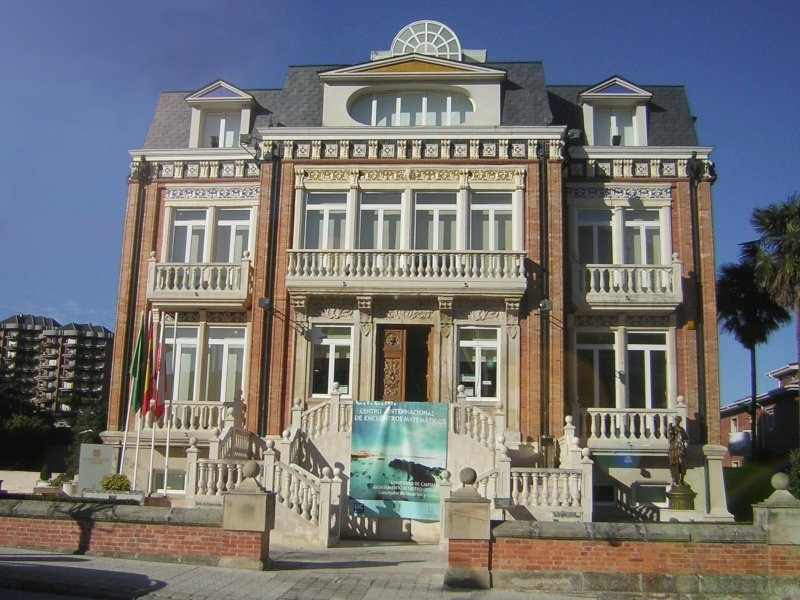
Accomodation
Each attendee must arrange his/her accommodation.
- Symposium hotel: Las Rocas Hotel (****) www.lasrocashotel.com where daily meals, dinner, etc. will take place.
The Las Rocas Hotel is located at 5 minutes walking distance from the CIEM, where scientific sessions take place. Participants wishing to book a room in Las Rocas Hotel should contact by email, indicating that they will participate in the AI4ME Conference. Contact Las Rocas Hotel: info@lasrocashotel.com.
For other accommodation options please check www.ciem.unican.es/accommodation.
About Castro Urdiales
General information about Castro-Urdiales available at https://www.turismocantabria.es/es/que-ver-en-castro-urdiales/29 and www.turismocastrourdiales.net.
Satellite event
On Thursday, 27th of February 2020, the Fundación Caja Cantabria will host a conference titled "The Challenges of Mathematical Education in the Digital Age". This conference will be held in Santander (Spain) and it will include talks by some of the speakers of the Symposium, aimed at the general public. Details can be found on the satellite event web page: ai4me.unican.es/edumat2020.
Organizers
- Philippe R. Richard, Université de Montréal (philippe.r.richard@umontreal.ca)
- Steven Van Vaerenbergh, Universidad de Cantabria (steven.vanvaerenbergh@unican.es)
- M. Pilar Vélez, Universidad Antonio de Nebrija (pvelez@nebrija.es)



